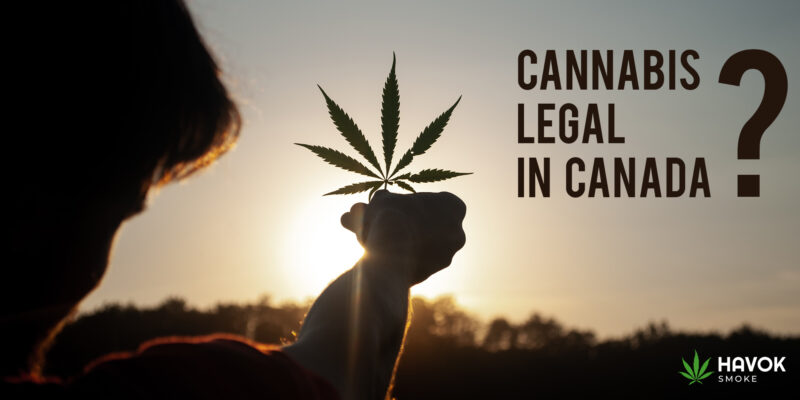Canada has been at the forefront of cannabis legalization, making significant strides in recent years. The journey from prohibition to a legalized and regulated cannabis industry has been nothing short of groundbreaking. In this blog post, we’ll delve into the details of cannabis legalization in Canada, exploring its current status, benefits, and potential impacts on society. Whether you’re a resident or a curious observer, let’s explore the topic of cannabis legalization in Canada and understand its implications.
Cannabis legalization in Canada
Is cannabis legal in Canada?
Canadian cannabis laws
Cannabis regulations in Canada
Marijuana legalization updates
Canada’s cannabis industry
Legalized cannabis benefits
The Path to Legalization:
The path to cannabis legalization in Canada has been a progressive one. The Cannabis Act, which came into effect on October 17, 2018, marked a historic moment as Canada became the first G7 nation to legalize recreational cannabis nationwide. This landmark legislation allowed adults to possess and cultivate cannabis within specified limits, while also setting the groundwork for a tightly regulated cannabis industry.
Understanding the Cannabis Act:
The Cannabis Act established a comprehensive framework for regulating the production, distribution, sale, and possession of cannabis in Canada. It outlined the rules for both recreational and medical cannabis, with the latter having been legalized earlier, in 2001.
Under the act, adults of legal age (varies by province) can possess up to 30 grams of dried cannabis or its equivalent in public. It also permits individuals to grow up to four cannabis plants per household for personal use, ensuring responsible consumption.
Benefits of Legalization:
a. Economic Boost:
Cannabis legalization has led to a significant economic boost for Canada. The legal cannabis industry has created thousands of jobs, ranging from cultivation and production to distribution and retail. Additionally, the taxation of cannabis sales has contributed to government revenues, funding essential public services.
b. Reduced Crime and Pressure on Law Enforcement:
By legalizing cannabis, Canada has redirected law enforcement resources to focus on more serious crimes, ultimately leading to a reduction in cannabis-related offenses. The regulated market has replaced the illegal black market, minimizing associated criminal activities.
c. Improved Public Health and Safety:
Legalization has allowed for the implementation of strict quality control standards, ensuring that consumers have access to safer, tested cannabis products. Additionally, public health campaigns have raised awareness about responsible cannabis use, reducing potential harm.
The Impact on Society:
Cannabis legalization has undoubtedly impacted Canadian society in various ways:
a. Changing Attitudes:
The stigma surrounding cannabis has gradually eroded, and more Canadians now view it through the lens of a regulated substance, akin to alcohol consumption.
b. Medical Research and Accessibility:
With cannabis legalization, there has been increased interest and investment in medical cannabis research. Patients now have access to a wider range of cannabis-based treatments for various medical conditions.
c. Challenges and Ongoing Concerns:
While cannabis legalization has brought about positive changes, it has also raised concerns about youth access, impaired driving, and potential long-term health effects. Governments continue to address these issues through education and targeted regulations.
Conclusion:
Cannabis legalization in Canada has been a transformative journey, with the country leading the way on the international stage. The Cannabis Act has set a robust foundation for a regulated and responsible cannabis industry, benefitting the economy, public health, and society as a whole. As the legal landscape continues to evolve, ongoing research and education will play crucial roles in maximizing the benefits while mitigating potential challenges.
Remember, when engaging with cannabis, always adhere to the laws and regulations in your province, consume responsibly, and start low and go slow.


